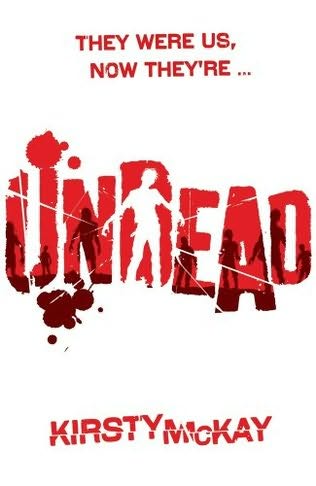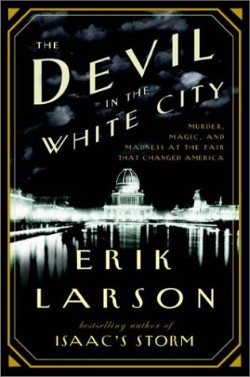Series: Undead #1
Author: Kirsty McKay
Pages: 294
Published: September 1st 2011
Published by: Chicken House
Being new at school bites. But at least it doesn't kill you. Mostly.
Bobby thinks she might well be on the School Trip from Hell. Too bad she's a noob, too bad her classmates don't rate her weirdo accent and too bad that Scotland is having the worst blizzard since the Ice Age. Looks like she's going to be on this school bus for a quite a while; could things get much worse?
Yep. They could.
Inexplicably, her classmates start dying...and then they come back to life again...and what's more, they're very, very hungry.
With nowhere to run and no contact with the outside world, Bobby is thrown together with a raggle-taggle group of survivors at a roadside café. There's indie kid drop-out Smitty, the class beauty queen Alice, dweeby Pete and two near useless adults: a half-conscious bus driver and a volatile petrol station attendant.
The frenemies struggle to stay alive - through explosions, deadly battles and a breakneck chase through the snowbound wilderness. Somehow they have to make it to safety - and get some answers - no matter what the cost.
Can they survive the Undead? And each other?
Roberta - 'Bobby' - has just moved back to the UK from the USA. After being dragged over there at age 9, she's now been dragged back and she is not happy about it. Then she's forced to go on a school skiing trip. Then she's forced to fight for her life against the undead whilst trying to get along with what remains of her class, none of whom she even likes. Not exactly the most fun period of her life, I'm sure you can understand.
This was a very easy read, and quite a clichéd appearance by zombies: arms held out in front of them, shuffling along and groaning. Maybe the target audience has some impact on this - it is very much a YA (young adult) novel so the alternative scarier options are maybe out. Having zombies which are super quick and strong a la I Am Legend by Richard Matheson (/the Will Smith film) or The Passage by Justin Cronin. But then I really quite enjoy the TV show The Walking Dead which has a similar kind of zombie, but more creeping tension. Maybe my real problem with the zombies here is that they aren't really scary. They're stumbling, shuffling distant horrors. There are very few interactions between them and the characters, and even then I never really felt that the central characters were in any real level of danger. You can pretty much tell who is going to turn.
And the characters fulfilled all the clichés too. Awkward new girl with no friends, check; rebellious bad boy with a hidden side, check; intelligent geeky guy, check; dumb popular girl, check; 'improbable' romance easily visible from the first few pages, check.
This is also very obviously the first in a series: while the story is concluded, the bigger story is left dangling open with very little resolved or explained. And I've got to admit that this has got me a little intrigued. I do want to know what happens next, what the national - global - consequences are of what is seen in the first book, as well as the why this all happened in the first place.
While not particularly descriptive, the writing is good. The author gets teenage language down quite well, as well as the interactions. All the flouncing and teasing and gentle mocking flirtation that comes with being 15/16. None of the conclusions they reach are jumped to - at least none of the ones that are taken completely seriously. There are jokes about Alcoholics Anonymous zombies, but Bobby doesn't assume anything until she's seen it, and there are no amazing leaps of logic which was nice to see. They know what they know, and that's it - a nice change from characters finding out one piece of information and instantly extrapolating everything from it.
This was a read for my book club (due to meet last night but cancelled because of Euro 2012), and something I never would have picked up otherwise. It is a YA book, but the blurb on my copy makes it sound very YA and that put me off a little even knowing I had to read it. And yeah, it's not the greatest book ever written or anything, but it is a good quick read that doesn't require too much thought. Will I carry on the series? I don't know yet...maybe.





